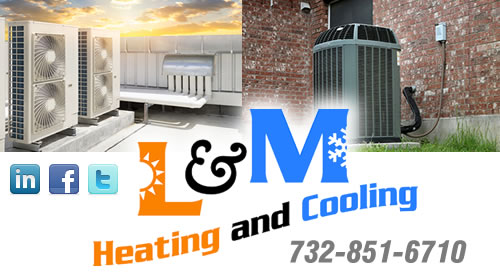Home air conditioning systems require refrigerant to operate efficiently and cool your home properly. But what is refrigerant and how does it cool your home? Let’s take a closer look.
What is refrigerant?
A refrigerant is a substance that is found in either a liquid or gas form. It absorbs heat from the air and when combined with different cooling components, can provide a cooling effect on the air.
How does refrigerant work?
Air conditioning units store refrigerant inside their copper coils. As it absorbs the heat from the air inside your home, it changes from gas to liquid. Coordinating components inside of the AC unit send the refrigerant outdoors where a fan inside the unit blows the hot air over the coils where it is then pushed through to the exterior. After this process, the refrigerants cools down and transitions back into a gas. An interior fan in the home blows the air over the now-cool coils and distributes the cold air throughout the house. This cycle repeats over and over again resulting in a temperature controlled environment.
How do you know if your AC unit is low on refrigerant?
There a few different signs that your air conditioning unit may be low on refrigerant caused by a leak. Here are some of the most common signs that you may have a problem with your system.
- Hot air coming from air vents- If you stop noticing cold air coming from your air vents, this may be a sign that your system is low on refrigerant.
- Your system is constantly running- If you notice that your AC never seems to stop running or it seems to be working harder than it usually does, this could be a sign of a leak in your system.
If you notice either of these signs, contact L&M Heating and Cooling right away to inspect your system. Operating an air conditioning unit on low refrigerant could possibly damage the system.

